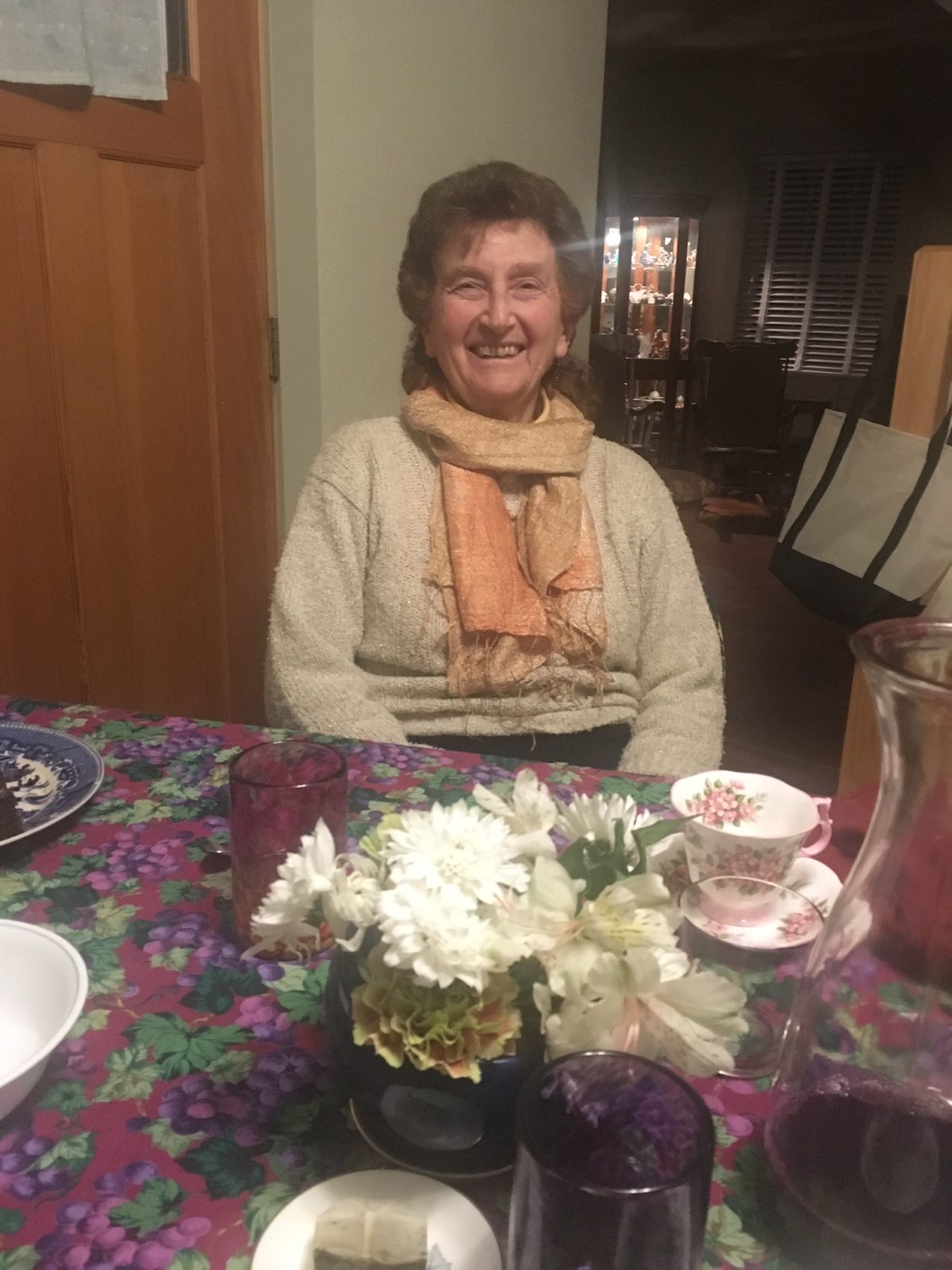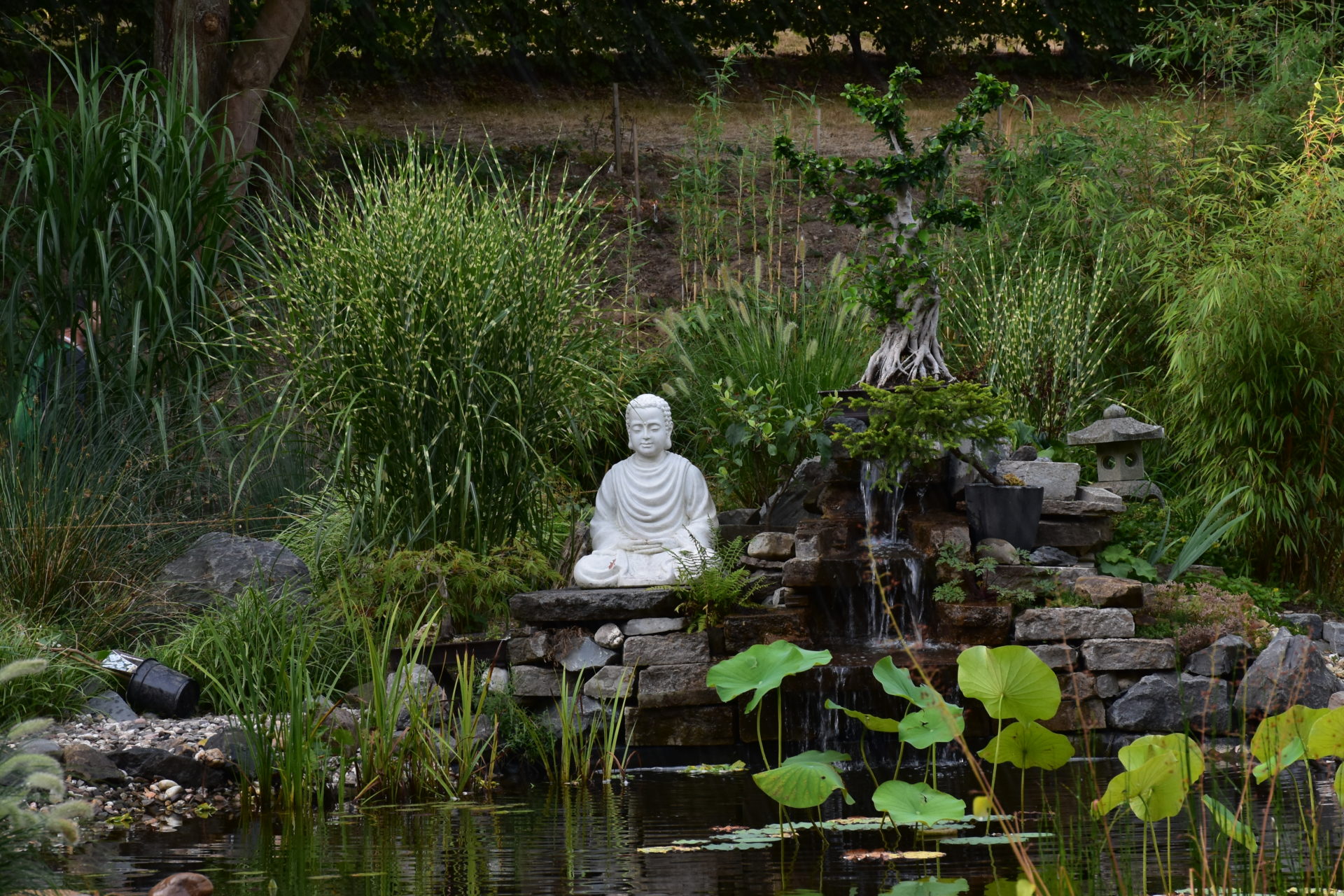By Sheila Canal
“Aware that sexual desire is not love and that sexual relations motivated by craving cannot dissipate the feeling of loneliness but will create more suffering, frustration and isolation, we are determined not to engage in sexual relations without mutual understanding, love and a deep long-term commitment made known to our family and friends. Seeing that body and mind are one, we are committed to learning appropriate ways to take care of our sexual energy and to cultivating loving kindness,
By Sheila Canal
“Aware that sexual desire is not love and that sexual relations motivated by craving cannot dissipate the feeling of loneliness but will create more suffering, frustration and isolation, we are determined not to engage in sexual relations without mutual understanding, love and a deep long-term commitment made known to our family and friends. Seeing that body and mind are one, we are committed to learning appropriate ways to take care of our sexual energy and to cultivating loving kindness, compassion, joy and inclusiveness for our own happiness and the happiness of others.”
Last June in Plum Village, Brother Phap Kham asked, “What determines the direction of our life?” I realized my sexuality does. Meeting my partner determined the course of my life. I was lucky and blessed to have met a kind, gentle man with an open heart and a large capacity for loving. We were part of the “Make Love, Not War” generation and I moved from my home and family in New York City to live the rest of my life in California and now Oregon.
These days we jokingly tell our young friends that the first twenty years of marriage were hard work and after that, it became easier. The truth is it took us twenty years to truly accept one another and not try to change each other or make each other into an image of what we wanted. For me, the first step in this process was accepting how my partner, Mel, builds homes. At that point, we lived in the country, following the back-to-the-land dream, and we needed a shelter. Having spent all our money on land, Mel took to demolishing old structures and reusing the building materials.
Out of necessity and because he was good at it, Mel soon had piles and piles of building materials that he sorted through; he pulled nails, sanded, and built us a six-sided home. I railed against the piles in front of the door; the messiness did not sit well with my aesthetic need for order. I pleaded and argued and moved wood, only to find new piles that would be useful “soon.” As our house became more and more cozy, I realized the coziness was a result of all the used building materials and I let go, feeling grateful for warmth in the winter, cool in the summer, and love for Mel’s values.
We have a lot in common that keeps us together and a lot of differences, too. Our sexuality is definitely a big part of the glue that keeps us together—even now, in our seventies.
Most couples learn some of their lessons through parenting. We learned a lot through our infertility. We both loved children, and I loved my husband’s love and ease with children. When we could not conceive, it was a shock, a sadness, and actually a bit crazy making. This was before I came to practice. We were living with five other couples in community and everyone was getting pregnant except me. In my mind, they did not have the solid relationship that I had with my partner and they were all having babies; why not me? I was being judgmental, angry and frustrated, overcome with craving.
We were very unhappy. It was one of those hard times we stuck through together and continued with our lives. I found meaningful work and went on my first meditation retreat. I became completely in touch with the grief of wanting a child. I cried a lot and processed a lot and was supported by the silence, the Sangha, and the teachings. I was determined to end our childlessness.
We decided to become foster parents and we applied. Before we got an interview with Children’s Services, we received a phone call from a friend who had met someone who wanted to give her baby up for adoption to people like us. It worked out beautifully. We have a loving son and a deep familial friendship with his birth mother and birth father’s family. It showed me the power of meditation. The experience of turning towards suffering and deep looking in that first meditation retreat manifested a miracle for us—a baby after fifteen years of wanting one.
What took us by surprise was that after our son came, we hit a rocky point and argued. I wanted Mel to help me in the new tasks necessary for caring for an infant; he felt unacknowledged in his taking on new tasks, doing diapers, preparing formula. We lashed out at each other until I spoke about it with a few friends and a wise one clarified that even after fifteen years of being together, having a child now required us to adjust, make room, and find our way into new roles as parents. What made it more complicated was that we came from very different mothers. Mel’s mother was very loving and generous to the extent that she never expressed anger. My mother was a screamer, anxious and angry, devoted and difficult. Our role models were thousands of miles apart, both literally and figuratively.
The turning point came when we sought counseling. We reached out to a husband/wife team, elders in our community. I remember well the moment when they said to us, “You are two different people. One is not right, the other wrong. You are just different.” That took a lot of ego out of relating and served us well in accepting each other. It gave a framework to letting each other be who we are.
By cultivating loving kindness, compassion, joy, and inclusiveness—and I’ll add trust, faith, and acceptance—our sexual lives can be fulfilling and happy. It took me years to let go of fear. Growing up in New York City, I was made well aware of sexual predation and the possibilities for rape and abuse. I remember walking home alone at night from the subway station, walking in a way completely opposite to walking meditation. I walked as fast as I could, keeping my head down, my body communicating that I knew where I was going and no one better mess with me. I was a young teenager and sheer luck protected me.
That self-defensiveness did not make for ease in intimacy. It took years of being together, persisting through the hard times, relishing the good, knowing that whatever comes our way, whether disagreement or illness, Mel and I will be there for each other. I came to a place of knowing that he will not hurt me, we will not hurt each other—never physically, and not intentionally, emotionally. Meditation practice helped me see that a relationship of non-harming was the ground of our marriage. Years of loving kindness, compassion, joy, and inclusiveness helped trust and faith arise.
I am hoping you are seeing a thread here. It is one that feels important to me in creating and maintaining a healthy relationship. It’s letting go; letting go of wanting things to be exactly how I want them to be, letting go of judgments, of “I’m right” and “You’re wrong,” letting go of fear and anger. Usually, to have peace and growth in the relationship, I need to let go of what “I, me, and mine” is holding on to and open up to what is. It’s an inside job that is supported by breathing in, breathing out, and a daily meditation practice.
Let’s go back to the training: “We will treat our bodies with compassion and respect and channel our vital energies, sexual, breath and spirit, for the realization of our bodhisattva ideal.” Let’s face it: we are bodhisattvas in our most intimate relationships first! It is disingenuous to be a bodhisattva in the world and be mean to our family members. Being kind, generous, and caring with my husband helps him and helps me too.
I’ll end with a secret of awareness. In keeping with the Four Establishments of Mindfulness, sex is a body-in-the-body experience, a feelings-in-the-feelings experience with a whole lot of breathing going on. Sexual desires and impulses are moment-by-moment experiences and we have a choice to respond, to act or not to act, to consider whether or not this sexual act might cause suffering. If not, within a loving relationship, it is love making. The more we are fully present, the better it is. It does take us beyond concepts into complete sharing and true love.

Sheila Canal, True Spiritual Understanding, met Thich Nhat Hanh in 1991 at the Retreat for Environmentalists in Malibu, California. There she found her spiritual home. Since then she has been deepening her practice, enjoying retreats, and leading and participating in Sangha, mostly in Southern Oregon and Northern Washington at Mountain Lamp Community in the US. In June 2018, she received the Lamp Transmission.

